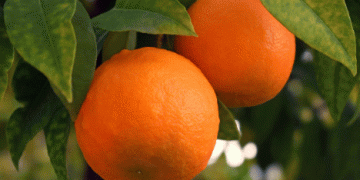A recent alert in Mallorca has highlighted the presence of pesticides not approved for use in European Union (EU) agriculture in imported fruits and vegetables. The findings, reported by the government, have intensified scrutiny over agricultural and food products arriving from non-EU countries such as Chile, Turkey, Tunisia, South Africa, Peru, Argentina, and Costa Rica. These inspections are part of an initiative requested by local agricultural stakeholders and aligned with agreements made by the Committee for the Coordination of the Food Chain and the Promotion of Locally Produced Agricultural and Food Products.
In 2024, a total of eight products were inspected to ensure compliance with food safety standards. Despite the presence of three unauthorized substances, the detected concentrations did not exceed the maximum residue levels (MRLs) set by EU regulations. As a result, no sanctions could be imposed. The substances identified include:
- Chlorantraniliprole: Found in a shipment of packaged raisins from Chile.
- Triacloprid: Detected in apricots from Turkey and mandarins from Peru.
- Spirotetramat: Found in oranges from South Africa and mandarins from Peru.
These pesticides are prohibited under EU law, which establishes strict guidelines for pesticide residue levels to ensure consumer safety. The discovery raises questions about the compatibility of imported agricultural practices with EU standards and the effectiveness of current regulatory mechanisms in preventing the entry of non-compliant products into the market.
Although the pesticide concentrations did not breach established limits, their mere presence is a cause for concern among local farmers and consumers. It underscores the importance of rigorous inspection protocols and the promotion of locally produced agricultural goods, which are more likely to adhere to EU safety standards. Moreover, the situation highlights the need for ongoing dialogue between importing and exporting nations to harmonize agricultural practices and ensure compliance with international safety norms.
The detection of unauthorized pesticides in imported fruits and vegetables in Mallorca underscores the challenges of enforcing EU food safety regulations in a globalized market. While no immediate health risks were identified, the findings emphasize the importance of robust inspection systems and the promotion of local agricultural practices to safeguard food safety and consumer trust.































